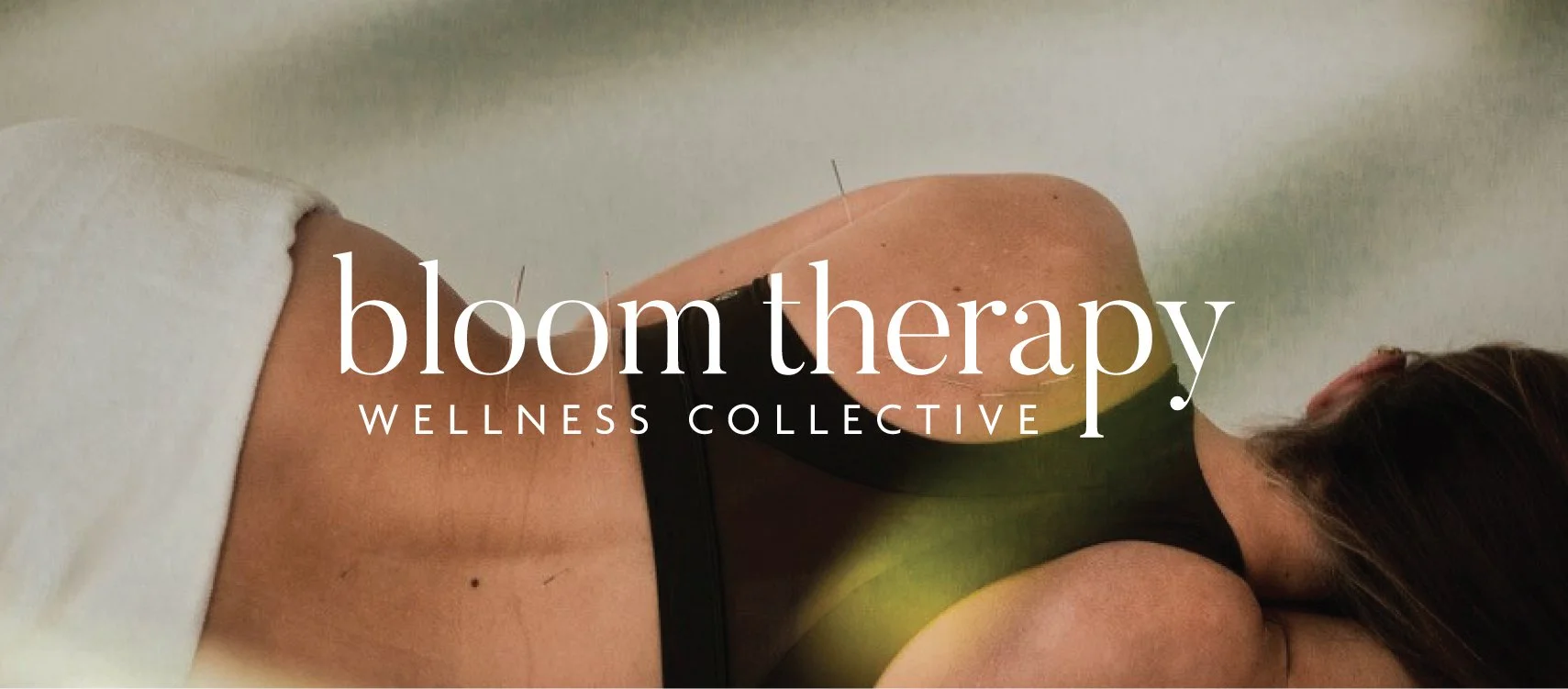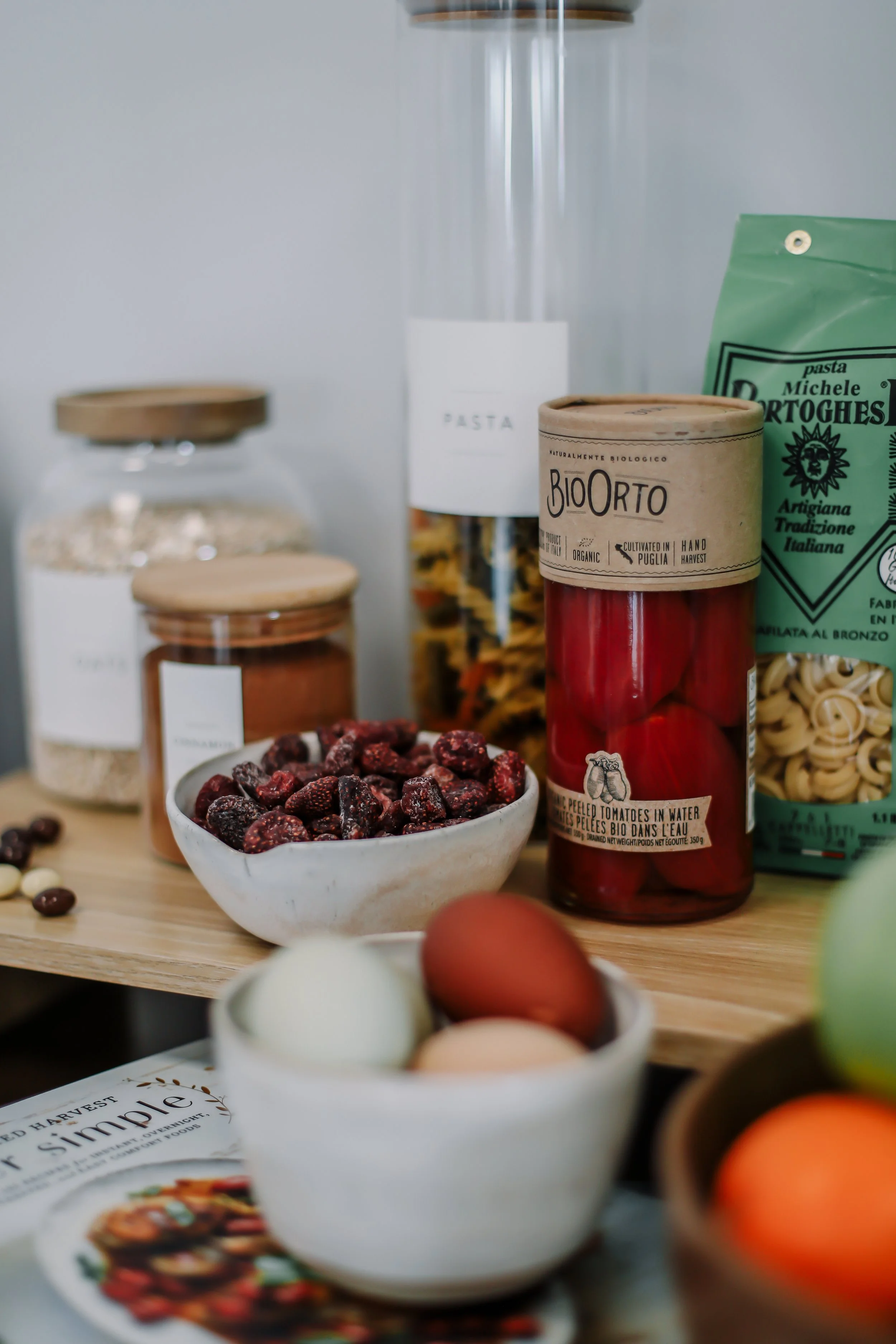
Struggling with low iron in pregnancy? Here’s what to do about it
If you're pregnant and dealing with low iron levels, you're not alone. Many women are told they need iron supplements to prevent deficiency—but what if you could improve your iron levels naturally through food?
While iron is essential for carrying oxygen, supporting energy levels, and helping your baby grow, supplements often come with unpleasant side effects like nausea and constipation. The good news? With the right dietary strategies, you can optimize iron absorption and meet your needs without relying solely on supplements.
Keep reading for the best ways to boost your iron levels naturally, how to enhance absorption, and when supplements might be necessary.
How to Increase Iron Levels Naturally
Instead of jumping straight to supplements, consider boosting iron levels through food. Here are some effective strategies (attempt these in the order shown for maximal impact):
1. Prioritize Iron-Rich Foods
Best sources: Red meat (beef, venison, pork), organ meats (liver, heart, kidney), and poultry provide the most absorbable form of iron, along with other nutrients that are needed for iron metabolism.
Plant-based options: While beans, nuts, and leafy greens contain iron, iron content and absorption is much lower than animal-based sources. Focus on getting your iron from animal sources instead as this gives you the most bang for your buck!
2. Include Copper and Vitamin A rich foods
Sometimes issues with iron aren't just an iron intake issue. Copper and vitamin A are also needed to regulate iron absorption and mobilization. Good sources include beef liver, oysters, cashews, dairy, eggs, salmon, cheese, butter, canned tuna, dark chocolate, potato, cooked leafy greens, avocado, etc.
3. Pair Iron Foods with Vitamin C
Eating iron-containing foods alongside vitamin C sources (citrus fruits, bell peppers, strawberries, kiwi, cantaloupe) or acidic foods (vinegar, tomato sauce) enhances absorption.
Enjoy your steak with some roasted bell peppers, cook ground beef in tomato sauce for spaghetti, or have a small glass of orange juice on the side of your chicken caesar salad!
4. Cook with Cast Iron Pans
Cooking your foods in cast iron can increase the iron content of your meals. Adding acidic foods like tomato sauce can increase the iron content even further.
5. Keep Calcium Foods Separate from Iron
Calcium inhibits iron absorption, so avoid consuming dairy products or calcium supplements alongside iron-rich meals. If you’re trying to increase the intake of dairy to get more vitamin A and copper, just try to have your dairy at a separate meal.
Should You Take an Iron Supplement?
Iron supplements may be necessary if your blood work indicates a deficiency, but they can cause side effects like nausea, constipation, and digestive discomfort (issues that are already common in pregnancy). Additionally, excess iron from supplements can be harmful in the body, as the body has no efficient way to eliminate it and it can contribute to inflammation.
Many prenatal vitamins contain iron, so be mindful of your total intake. It’s better to get a prenatal that does not contain iron and add in a separate iron supplement if you need it. If you have tried all these things and still need an iron supplement in the end, opt for a form of iron called iron bisglycinate as it is well absorbed and tends to not bring as many uncomfortable side effects as other forms of iron.
Food based alternatives to iron supplements with less side effects that can still be as effective (and sometimes better) include freeze dried liver and organ supplements and spirulina powder or capsules.
Regardless if you need an iron supplement or not, you should still be trying to focus on optimizing your intake of iron, copper, and vitamin A rich foods since this is the superior way to get our nutrients in.
Get Personalized Support
Meeting your iron needs in pregnancy through food alone is totally possible but requires intention. As a Registered Dietitian, I can provide tailored guidance to help you optimize your iron as well as overall nutrient intake to ensure you have a healthy pregnancy.
If you're interested in working together, I offer in-person consultations at Bloom Therapy. Book an initial assessment and start working towards a better pregnancy experience.
If you’re on the fence, book a free 15-minute discovery call to see how I can support you. You can also reach me at hello@nutritionbytayler.ca or follow me on Instagram @thepregnancyprep.rd for more women’s health content. Let's ensure you're getting the nutrients you need for a healthy pregnancy!
Tayler Hruschak, BSc, RD

